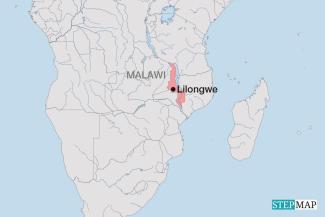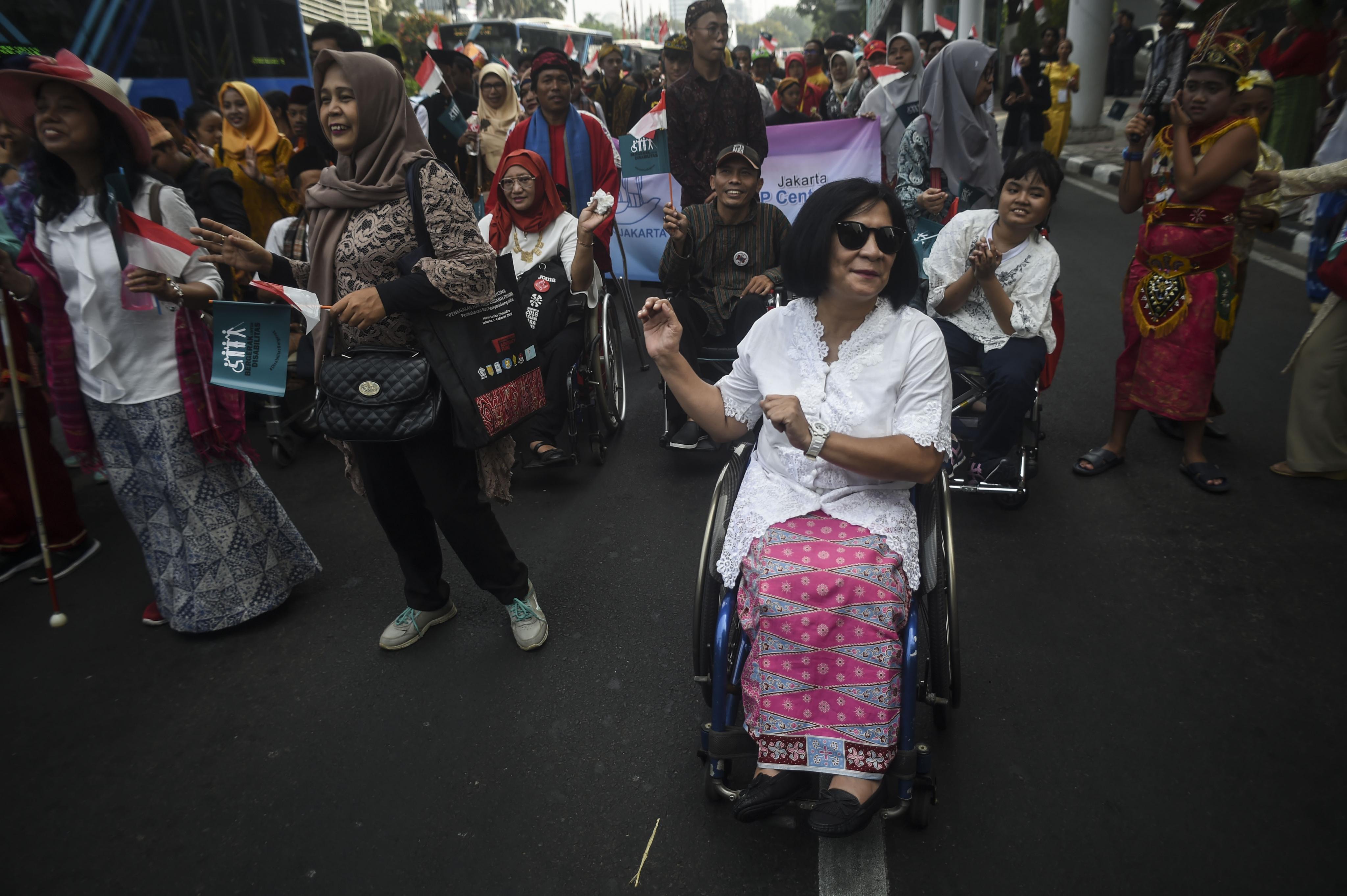Malawi
Overwhelming health challenges

The country continues to struggle with the ongoing cholera outbreak. The World Health Organization (WHO) reported almost 37,000 cases and 1210 associated deaths from all 29 districts in February 2023. This is the deadliest outbreak of cholera in the country’s history. The fatality rate stands at 3.3 %, which is above the acceptable threshold set by the WHO of less than one percent.
The high mortality rate is partly caused by drug shortages in hospitals and health facilities across the country. Drugs such as omeprazole are in short supply. Additionally, medical supplies such as syringes, catheters, cotton wool, plasters, spinal and dental needles and gloves are in short supply too.
The government is helpless to intervene. Worsening inflation coupled with declining foreign exchange earnings have made the situation more complex. This has reduced the budget size for medical supplies to public hospitals. In some instances, emergency vehicles and ambulances at hospitals are grounded with no petrol or diesel.
The failure of the state to offer concrete solutions is frustrating health-care providers in the country. At the close of 2022, the Association of Malawian Midwives (AMAMI) and National Organisation of Nurses and Midwives in Malawi (NONM) issued a statement expressing their frustrations. “It is a worrying development,” they wrote. “The situation is pathetic.”
Malawians too are getting increasingly frustrated with the ongoing crisis. 36-year-old Edward Kaira, a vendor selling second-hand clothes in Lilongwe, says: “I have been to the health facility in Kawale in Lilongwe in recent weeks but most of the time I go there, I meet patients who are instructed to buy medicines from private pharmacies.”
Malawi’s four major public referral hospitals are struggling to cope with the number of patients being sent to them from the district hospitals. They are all full beyond capacity. A nurse from Zomba general hospital who prefers anonymity, says that the hospital is always full of patients and with the ongoing cholera outbreak, their staff are overwhelmed.
The situation is made worse with the continued power blackouts where patients especially women giving birth and patients in intensive care units die. Malawi’s power cuts can last up to 12 hours a day. The public hospitals are waiting on the central government to fulfil their promise to employ temporary health-care workers to enhance the staffing of the hospitals for the duration of the cholera outbreak.
Whereas the situation could be exacerbated by many external factors such as Russia’s aggression in Ukraine and the Covid-19 pandemic impacts on global economies, Malawians are tired of hearing government’s excuses citing these global challenges. They want to see their government doing more to offer relief from the health situation that continues to worsen each day.
Raphael Mweninguwe is a freelance journalist based in Malawi.
raphael.mweninguwe@hotmail.com












